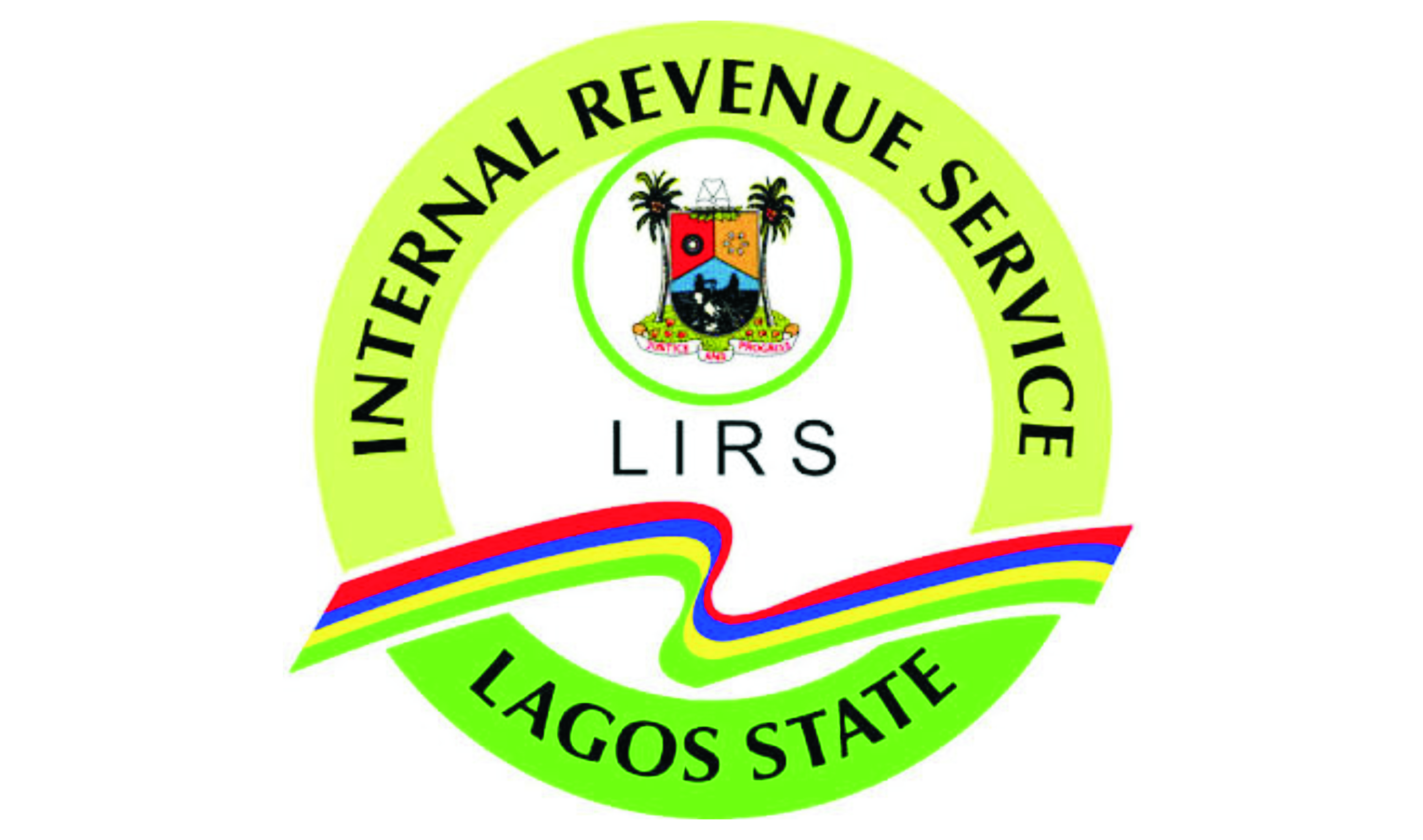Business
LIRS Seals Eight Firms For Failure To File Annual Returns

Lagos State Internal Revenue Service (LIRS) said that it has launched a renewed enforcement exercise against defaulting taxpayers by sealing eight companies for failure to file returns and payment of taxes.
The Director, Legal Services of the LIRS, Mr Seyi Alade told newsmen at a state-wide tax law enforcement exercise by the service in Lagos, yesterday.
Alade said that the renewed exercise would be continuous and the agency would no longer tolerate infringement of the tax laws.
He said that employers of labour had a duty under the Pay as You Earn scheme to deduct and remit the accurate amount from emoluments of employees.
”They are also to file monthly schedules of amount deducted with the LIRS at the time of remitting the taxes.
”They should ensure filing of Annual Tax Returns of emoluments paid to their employees on or before January 31 of every year; while prompt attention should be given to correspondence emanating from the LIRS,” he said.
Alade said that filing of annual returns by all individuals, employees included, must be done on or before March 31 of every year, while failure to file is punishable under the extant tax laws.
He, therefore, implored all taxable individuals to avoid last minute rush by proceeding immediately to file their annual returns for the 2019 assessment year.
The director said that the annual returns could be filed on the E-Tax portal of the LIRS in the comfort of their respective homes, offices or with the help of their tax consultants or the volunteers at the various LIRS tax stations before the deadline date of March 31, 2020.
Alade reiterated the commitment of the agency to effective generation of maximum revenue from all taxable persons for the continuous and rapid development of Lagos State.
He said the agency would leave no stone unturned in its bid to achieve this important task.
The director said that the LIRS secured the conviction of a taxpayer on March 4, for failure to file its annual tax returns in line with section 81(2)&(3) of the Personal Income Tax Act, 2004 as amended.
”It is the law that employers of labour who fail to file the returns of emoluments paid to its employees on or before January 31 of every relevant year will be liable to a fine of N500, 000.00 upon conviction,” Alade said.
He said that on March 12, eight staff, including the General manager of an international hotel, were arraigned before a Lagos State Taskforce Mobile Court for obstruction and breaking of LIRS distrain seals.
Transport
Automated Points Concession : FAAN Workers Gave 72hrs To Revise Decisions In PH

Transport
FAAN Announces Pick-Up Points for Go-Cashless Cards

Business
Fidelity Bank To Empower Women With Sustainable Entrepreneurship Skills, HAP2.0
-

 Politics3 days ago
Politics3 days agoSenate Urges Tinubu To Sack CAC Boss
-

 News3 days ago
News3 days agoAmend Constitution To Accommodate State Police, Tinubu Tells Senators
-

 News3 days ago
News3 days agoDisu Takes Over As New IGP …Declares Total War On Corruption, Impunity
-
Business3 days ago
President Tinubu Extends Raw Shea Nuts Export Ban To 2027
-
Business3 days ago
Crisis Response: EU-project Delivers New Vet. Clinic To Katsina Govt.
-
Sports3 days ago
NDG: Rivers Coach Appeal To NDDC In Talent Discovery
-
Business3 days ago
President Tinubu Approves Extension Ban On Raw Shea Nut Export
-
Rivers3 days ago
Etche Clan Urges Govt On Chieftaincy Recognition

